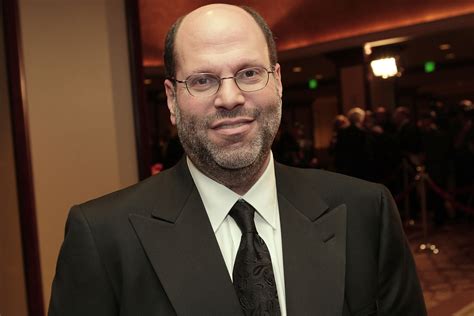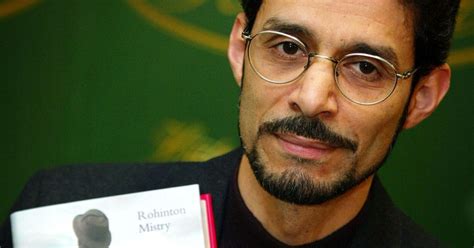A Quote by Jim Crace
There's a convention that books are mirrors of the real world, but our fact-obsessed age also wants fiction to be factually based and trustworthy.
Quote Topics
Related Quotes
I find it interesting that authors of fantasy and science fiction novels are rarely asked if their books are based on their personal experiences, because all writing is based on personal experience. I may not have gone on an epic quest through a haunted forest, but the feelings in my books are often based on feelings I've had. Real-life events, in fantasy and science fiction, can take on metaphorical significance that they can't in a so-called realistic novel.
There's no real objection to escapism, in the right places... We all want to escape occasionally. But science fiction is often very far from escapism, in fact you might say that science fiction is escape into reality... It's a fiction which does concern itself with real issues: the origin of man; our future. In fact I can't think of any form of literature which is more concerned with real issues, reality.
We sometimes drive ourselves crazy with how our books will be "seen," when in fact we already know what they're about, and where our obsessions are. If we can spin those obsessions into fiction, then there's a decent chance they will be "fiction-worthy," as you call it. The idea of the "sweep of ideas" is a complicated one.
By convention sweet is sweet, by convention bitter is bitter, by convention hot is hot, by convention cold is cold, by convention color is color. But in reality there are atoms and the void. That is, the objects of sense are supposed to be real and it is customary to regard them as such, but in truth they are not. Only the atoms and the void are real.
I was also a science fiction and fantasy fan, growing up, in games and books and movies. I love Tolkien and I love Dungeons & Dragons, so the opportunity to have a fantasy-based RTS, or real time strategy game, at that time, seemed cool. I started playing it, and the early games were simple, but fun and they had these great heroes.
With fiction, you are creating an imaginary world. And it can be a very mechanical process. In a fictional film, you create the characters who become "real people" when facing the camera. When you stop shooting, they change their costumes and become someone else. And people tend to believe in documentary more than fiction. Even if the fiction is based on a true story, everybody will say, "Oh, they're only actors."







































